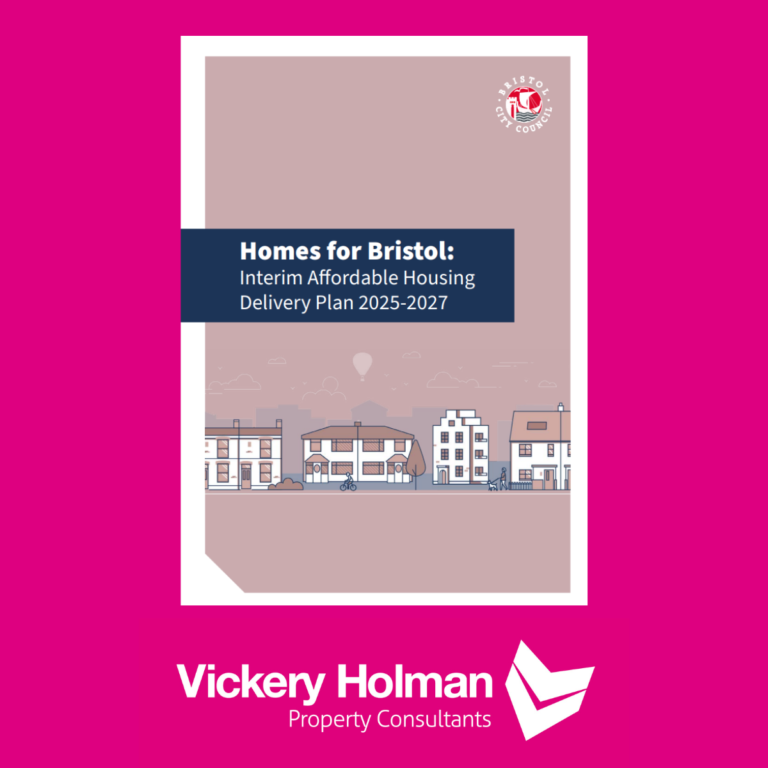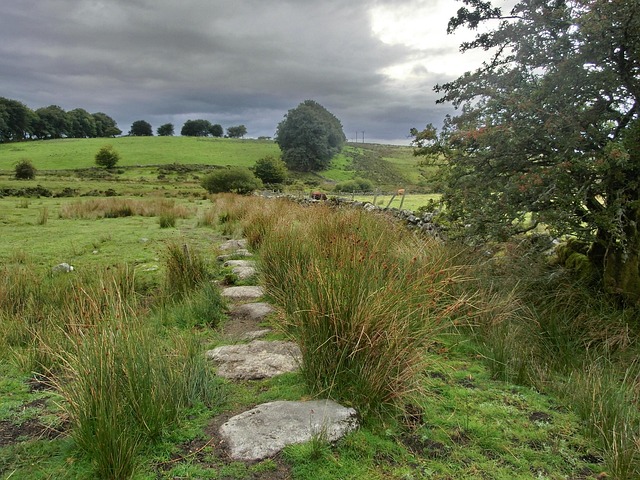When do I need a building survey?
Our Building Surveyor team take a closer look at FAQ ‘When do I need a building survey?’
Pre-purchase. The most likely situation that you will need a building survey is when you purchase a property. We recommend you have a full building survey in this instance, be it a house, shop or industrial unit. A building survey consists of a detailed visual inspection of the building, its services and the grounds. Concealed areas normally opened or used by the occupiers are inspected if it is safe to do so (typical examples include roof spaces and underfloor areas with hatches). Although the services are not tested, they are observed in normal operation – in other words, they are switched on and/or operated where appropriate. Where necessary, we will recommend you instruct specialist consultants to undertake testing of these to ensure safety and compliance with regulations. The report objectively describes the form of construction and materials used for different parts of the property. It describes the condition and provides an assessment of the relative importance of the defects/problems. We can advise on remedial actions and priority.
For investment purchases and commercial property, we can undertake further due diligence, including review of existing leases, dilapidations advice and planned maintenance advice. This can help you to understand more fully the ongoing and future requirements of the property and any existing tenants before you commit to the purchase.
Defect analysis. If you have a specific problem with your property, we can undertake a defect analysis of that part of the property to help find the source of the problem and recommend appropriate solutions. Such problems include dampness, wall cracking, leaning/damaged chimneys and poor workmanship. This often includes opening up of parts of the property to understand construction, inherent defects and look at workmanship. We use multiple tools to help the investigation, including moisture meters, boroscopes, levels, and relative humidity (RH) meters. Sometimes, we will require input from a specialist consultant, such as a structural or mechanical/electrical engineer, to help analyse the situation.
Schedule Of Condition for leases. A schedule of condition can be appended to a lease as a record of the condition of the property at the start of the lease. This is a photographic and text record only, without any analysis of any defects. This can be used by the landlord to ensure that the tenant keeps the property in suitable condition; something that is reviewed in a schedule of dilapidations at the end of the lease term. The tenant can also use the schedule to limit their repairing and decoration liability at the end of the lease term; any areas that were not perfect at the beginning of the lease may not need to be any better than that at the end of the lease.
Our Building Surveyors are based across the South West, with offices in Truro, Plymouth, Exeter and Bristol. Please contact us with any questions about building surveys.





